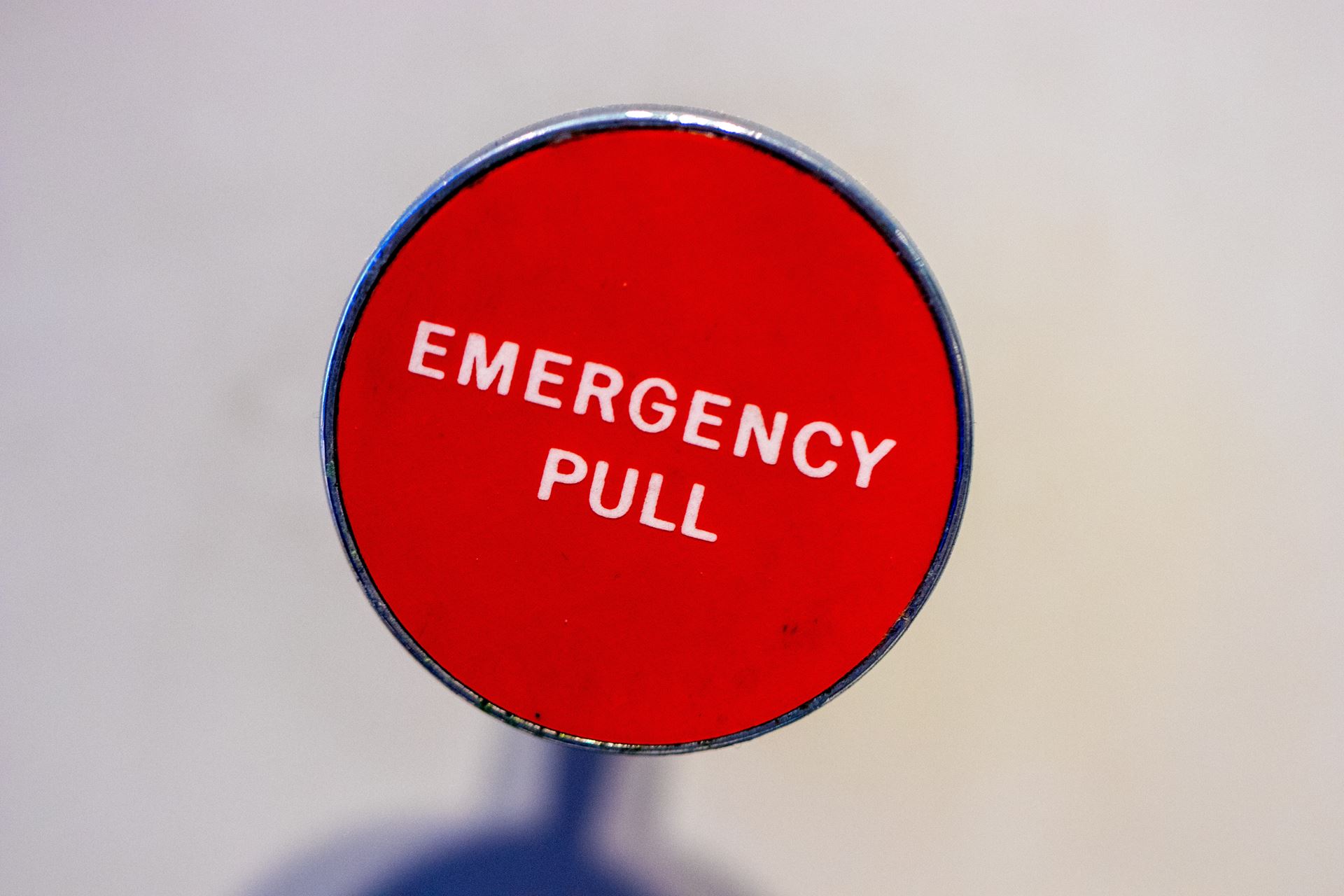How to recognise that you or someone close to you has a Personality Disorder:
- Do you have a lack of a clear sense of ‘self’? – not being sure about who you are, what they are really like, possibly a distorted view of self in a very negative or conversely positive direction
- Do you lack a good sense of ‘others’? – not sure about others, lacking trust and not understanding how people in general function
- Do you have difficulties in your relationships with others? – for instance, with intimate partners, children, family or friends; are you in an abusive or abusing relationships
- Do you struggle to get along in society in general? – do you find it difficult to maintain a job? deal with finances? gain for education? stay out of trouble? Do you have difficulties with substances (alcohol, illegal drugs)?
- Do you sometimes struggle with controlling destructive behaviour (to self or others)? including self-harm, addictions, or other impulsive behaviours
- Did problems start early in life and disrupt many domains across your life? Did you suffer early childhood trauma & neglect, abandonment
It is when the difficulties are long-term, and are present in most circumstances, disrupting the person’s life and those of others, that it can be seen as a problem requiring formal assessment, possible diagnosis of Personality Disorder and help from Mental Health Services.
More information and advice for people with Personality Disorders from the Royal College of Psychiatrists
An explanation of Personality disorders from MIND



